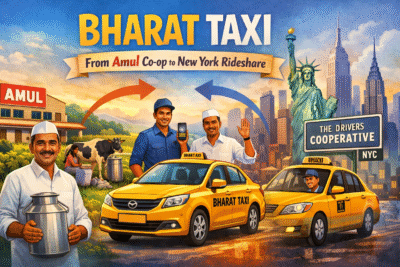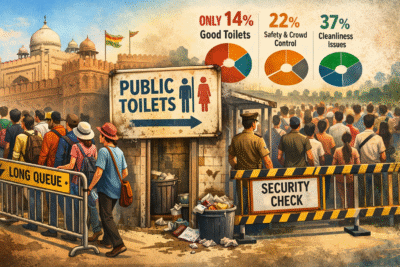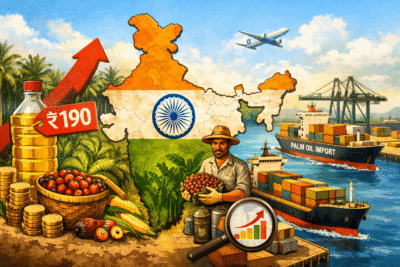
Who
Led by a coalition of over 250 farmers’ unions under the banner of “Samyukta Kisan Morcha (Non-political)”. Primarily farmers from Punjab, Haryana, and Uttar Pradesh are participating in the protest. The bigger association SKM is not part of the protest yet.
Why
Unfulfilled Promises: They claim the government hasn’t met their demands from the 2020-21 protests, including a legal guarantee for Minimum Support Price (MSP) for crops.
MSP Concerns: They fear deregulation will leave them vulnerable to exploitation by corporations and market fluctuations, leading to low crop prices and debt burdens.
Other Demands: These include loan waivers, reforms in agricultural markets, and better access to essential resources like water and electricity.
Government’s Challenges
Financial Impact: Implementing an MSP guarantee for all crops could strain the government’s finances significantly.
Market Distortion: Critics argue it could incentivize overproduction and distort agricultural markets.
Political Resistance: Fulfilling some demands might alienate other influential groups like traders and consumers.
Internal Disagreements: Different farmer groups have varying demands and priorities, making negotiations complex.
Current Scenario
Protesters began marching towards Delhi, first on February 9th, but were stopped at state borders by authorities using barricades and tear gas, then they launched their Chalo Dilli march on February 12th.
Talks between farmers and the government are ongoing, but haven’t reached a consensus yet.
The protest highlights the ongoing challenges faced by India’s agricultural sector and the complex dynamics between farmers, the government, and the market.



